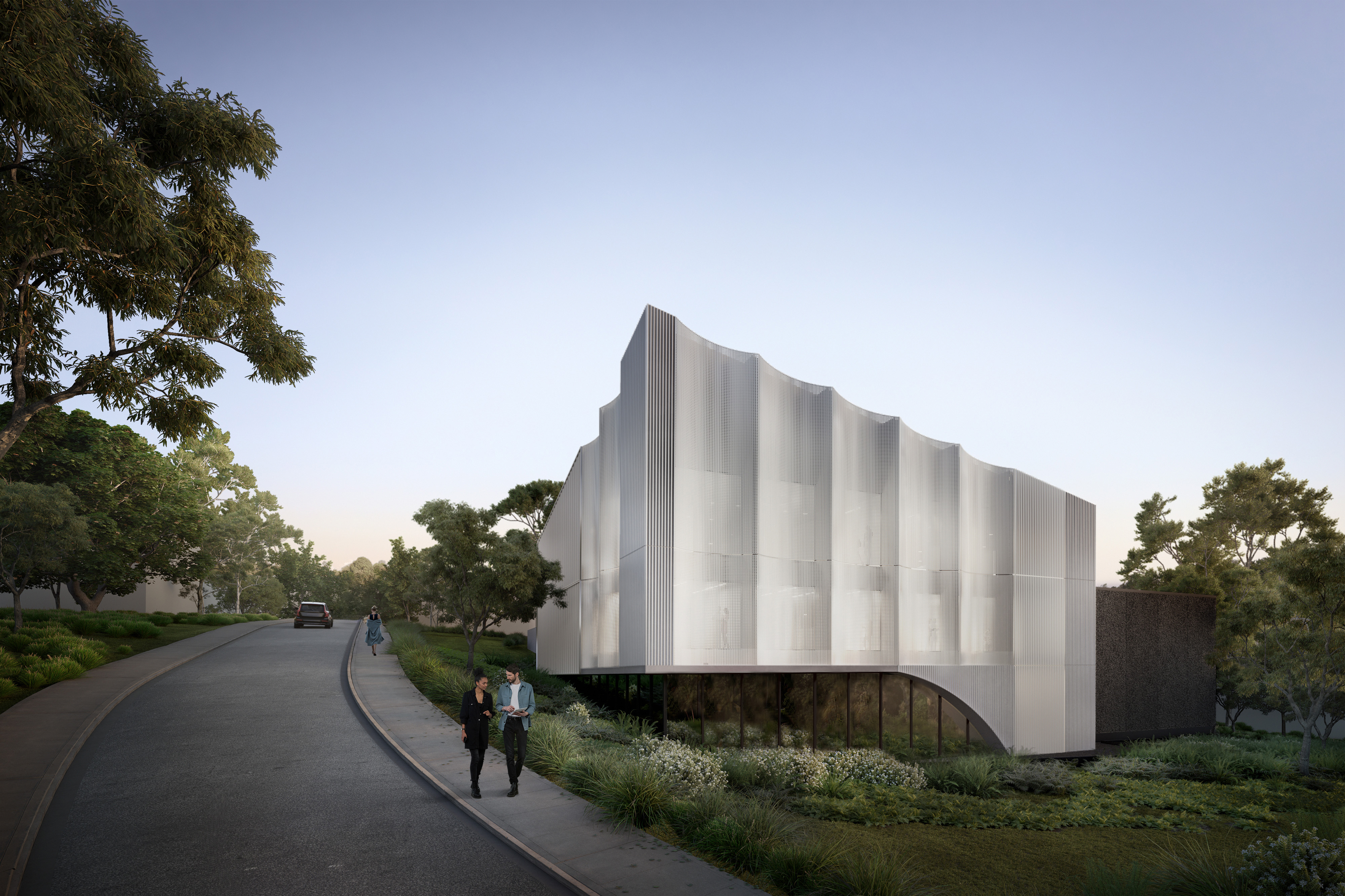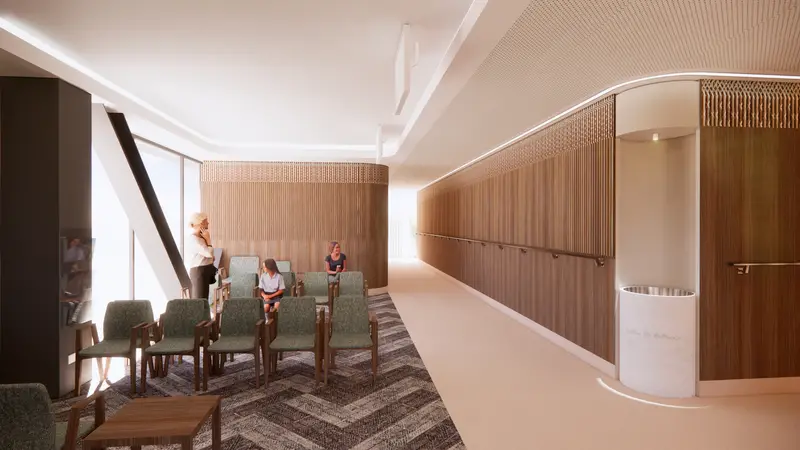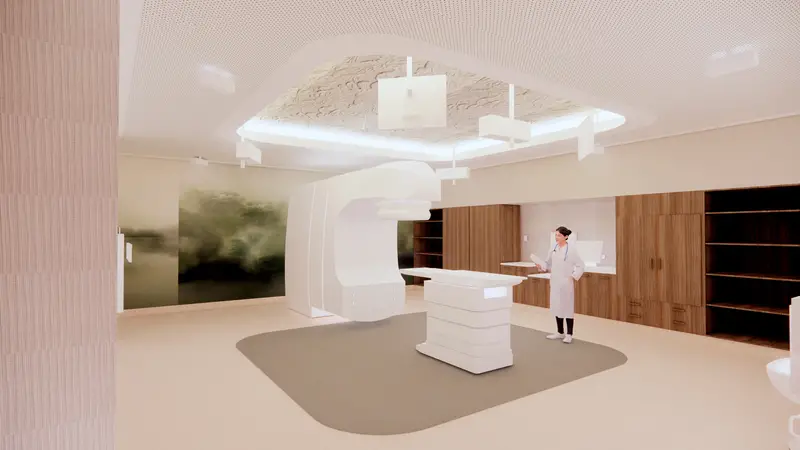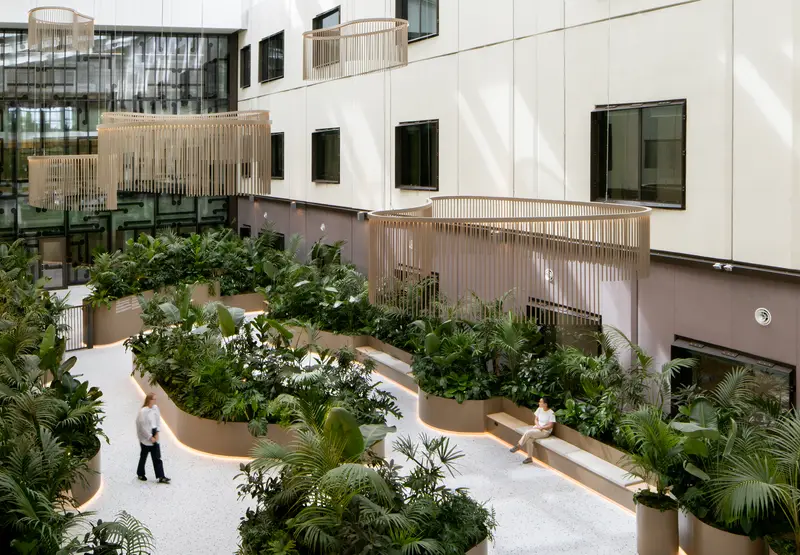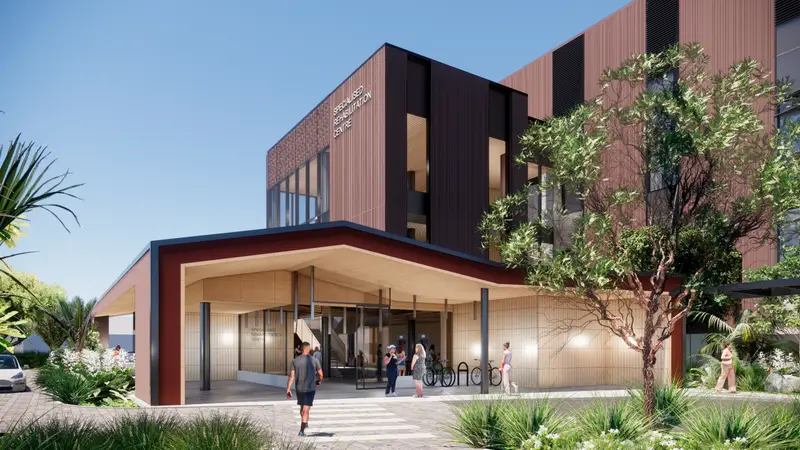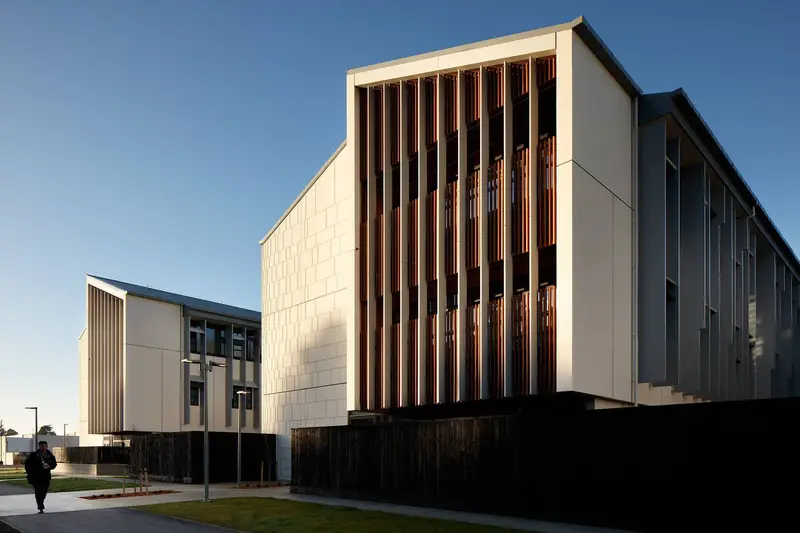Reflecting the values of mana whenua, healthcare workers and whānau
There is a profound need for health services across Aotearoa New Zealand to engage with and acknowledge the real needs of Māori. In Northland, the barriers to treatment for cancer patients are starkly reflected in intervention statistics for the whole community and especially Māori where the radiotherapy intervention rate of 33.6% is significantly lower than 37.8% in metropolitan Auckland. Te Whatu Ora (Health NZ) is seeking to address and change these statistics by approaching care models for new projects in a way which directly reflects community needs.
Te Ahi Kāa, representing iwi and hapū from Northland, have developed a set of guiding cultural design principles for project Pihi Kaha, which are now used exclusively across the Whangārei campus for all project design considerations.
Jasmax engaged specialist consultants, Kaikohe-based ĀKAU, to facilitate inclusive kōrero with mana whenua, healthcare workers, patients and whānau in Papamahi workshops, where participants were invited to draw ideas from the Pihi Kaha principles and to share their stories and project aspirations.
The themes that emerged from these workshops formed a distinct picture of the fundamental desires of attendees and are interpreted as kākano (seeds) that are inherently interwoven throughout the design and hold within them many meanings and expressions. These overarching kākano were for patients to feel connected and nourished (Te Taiao), cleansed (Waiora), protected (He Korowai), and welcomed (Pōhiri).
The intention of the design is to compliment and connect with the natural landscape though generous double-height glazing providing views to awa and moana located to the south and west and overlook landscaped gardens with potential for rongoā (medicinal) planting. To further demonstrate a generosity of welcome, the design is easily navigable throughout. A wai whakanoa has been designed at the entry point, not only for patients and visitors but “…for staff also, to leave raruraru (problems) at the door” – Papamahi participant. Treatment and procedure spaces designated tapu (sacred) are spatially separated from activities considered noa (unrestricted), with opportunities for cleansing when moving between these realms.
Overall, the new facility will provide its communities with greatly improved access to the latest treatments in a welcoming, non-institutional setting designed to reduce anxiety and support healing. The aim of helping patients and whānau feel more comfortable and at ease will significantly improve the care experience for all, leading to more equitable outcomes.
